Shal’Artem Forte Tablets are a potent antimalarial medication combining Artemether (80mg) and Lumefantrine (480mg). This artemisinin-based combination therapy (ACT) is designed to effectively treat acute, uncomplicated malaria caused by Plasmodium falciparum, including in areas with multi-drug resistant strains.
Uses
Shal’Artem Forte is primarily used for:
- Treatment of acute, uncomplicated malaria caused by P. falciparum
- Management of malaria in areas with known drug resistance
- First-line treatment in many malaria-endemic regions
Benefits
- Highly effective against P. falciparum malaria
- Combats drug-resistant strains of malaria parasites
- Rapid action in reducing parasite load
- Reduces risk of treatment failure
- Helps prevent progression to severe malaria
- Combination therapy reduces risk of drug resistance development
- Well-tolerated by most patients
How It Works
Artemether rapidly reduces the parasite biomass, while Lumefantrine eliminates residual parasites. Artemether interferes with the parasite’s ability to detoxify heme, leading to parasite death. Lumefantrine is believed to interfere with the conversion of heme to hemozoin, disrupting parasite growth and reproduction.
Duration of Action
Artemether provides rapid action within hours of administration, while Lumefantrine has a longer half-life providing extended protection. The complete treatment course ensures parasite elimination over 3-4 days with protection extending for several weeks.
Dosage
| Patient Type | Recommended Dosage | Administration Schedule |
|---|---|---|
| Adults | 1 tablet | Twice daily for 3 days |
| 35-65 kg patients | 1 tablet | Twice daily for 3 days |
| >65 kg patients | 1 tablet | Twice daily for 3 days |
Warnings
Shal’Artem Forte should not be used in patients with severe malaria or in the first trimester of pregnancy unless no other suitable treatment is available. Patients with a history of cardiac problems should be monitored closely. Do not use for malaria prevention.
Side Effects
Common side effects may include headache, dizziness, fatigue, loss of appetite, nausea, and abdominal pain. Most side effects are mild and transient. Serious side effects are rare but may include allergic reactions or cardiac issues.
Pregnancy and Breastfeeding
Shal’Artem Forte is not recommended during the first trimester of pregnancy unless clearly necessary. During the second and third trimesters, it may be used after careful risk-benefit assessment. Caution is advised during breastfeeding as components may pass into breast milk.
Interactions
- CYP3A4 inhibitors or inducers (e.g., ketoconazole, rifampicin)
- Antiretroviral medications
- Some antipsychotics (e.g., pimozide)
- Certain antibiotics (e.g., macrolides)
- QT-prolonging drugs
- Grapefruit juice
Precautions
Take tablets with food or milk to enhance absorption. Complete the full treatment course even if symptoms improve quickly. If vomiting occurs within one hour of taking a dose, repeat the dose. Avoid strenuous physical activity during treatment.
Important Information
Shal’Artem Forte is an effective antimalarial medication but does not prevent malaria transmission to others. Continue to use protective measures against mosquito bites. Follow-up with healthcare provider to ensure complete parasite clearance. This medication should only be used for treatment, not prevention of malaria.
Product Image Highlights




Customer questions & answers
There are no questions yet. Be the first to ask a question about this product.
A Perfect Match for You
-
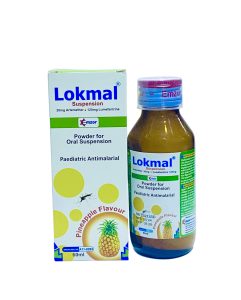 ₦4,500.00Rated 0 out of 5
₦4,500.00Rated 0 out of 5Lokmal Suspension eliminates blood-stage malarial infection and treats symptoms like fever,...
-
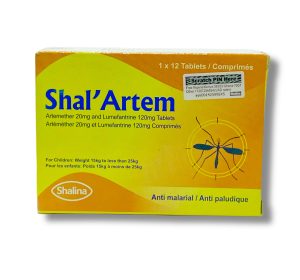 ₦3,000.00Rated 0 out of 5
₦3,000.00Rated 0 out of 5Shal'Artem Tablet 20/120mg treats acute uncomplicated malaria caused by Plasmodium...
-
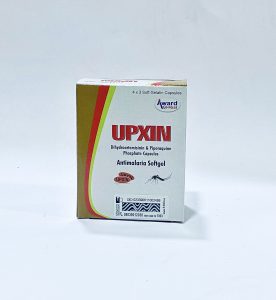 ₦5,000.00Rated 0 out of 5
₦5,000.00Rated 0 out of 5Upxin Gelatin Softgel is used for the treatment of uncomplicated...
-
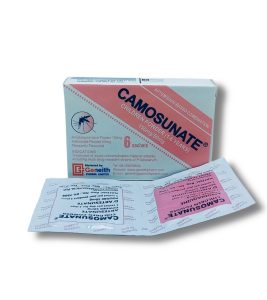 ₦4,000.00Rated 0 out of 5
₦4,000.00Rated 0 out of 5Camosunate Children Powder 1-6 Years Is Used For The Treatment...


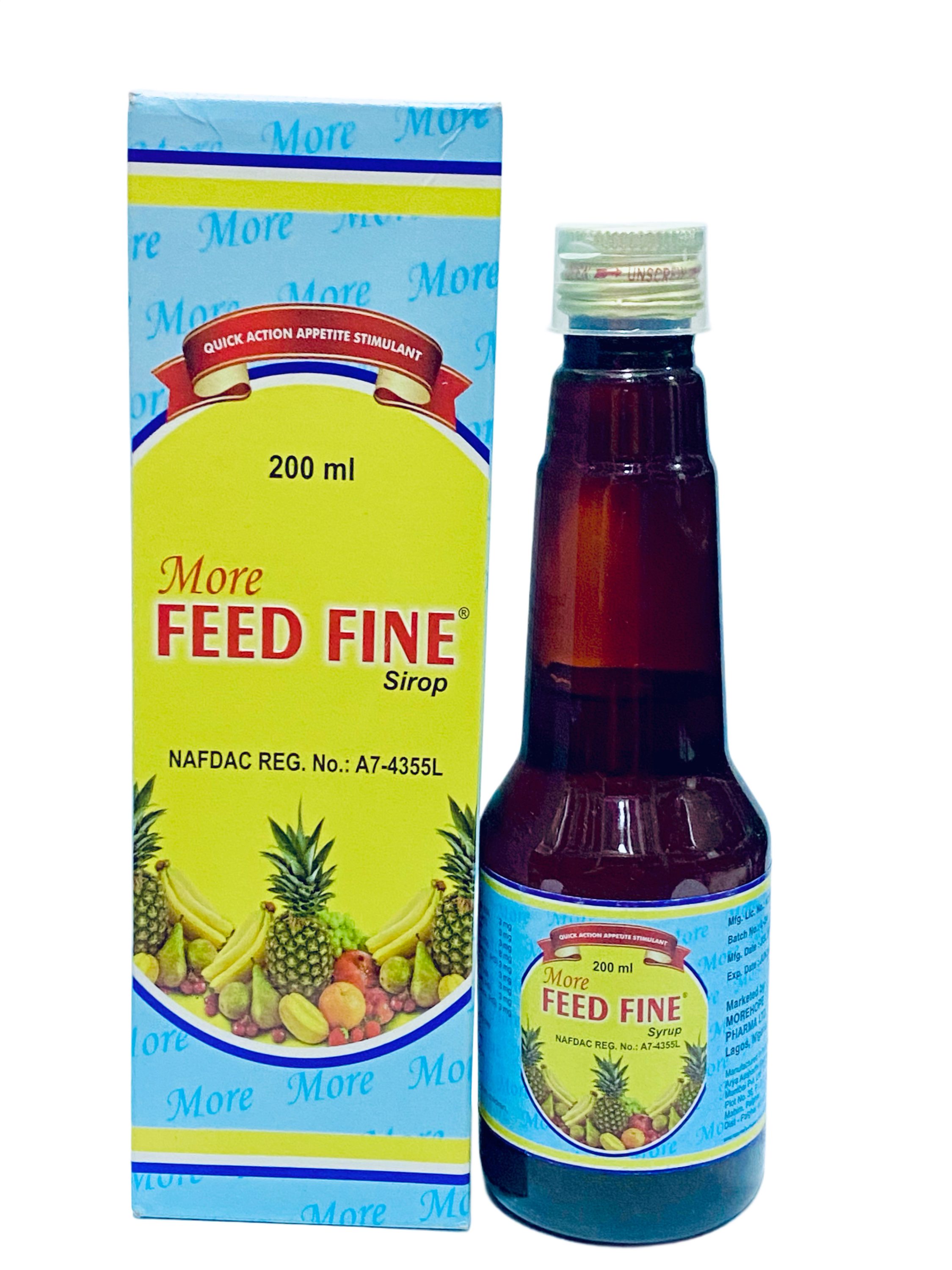
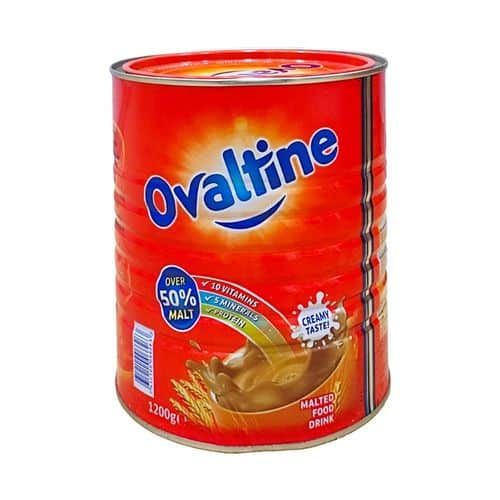
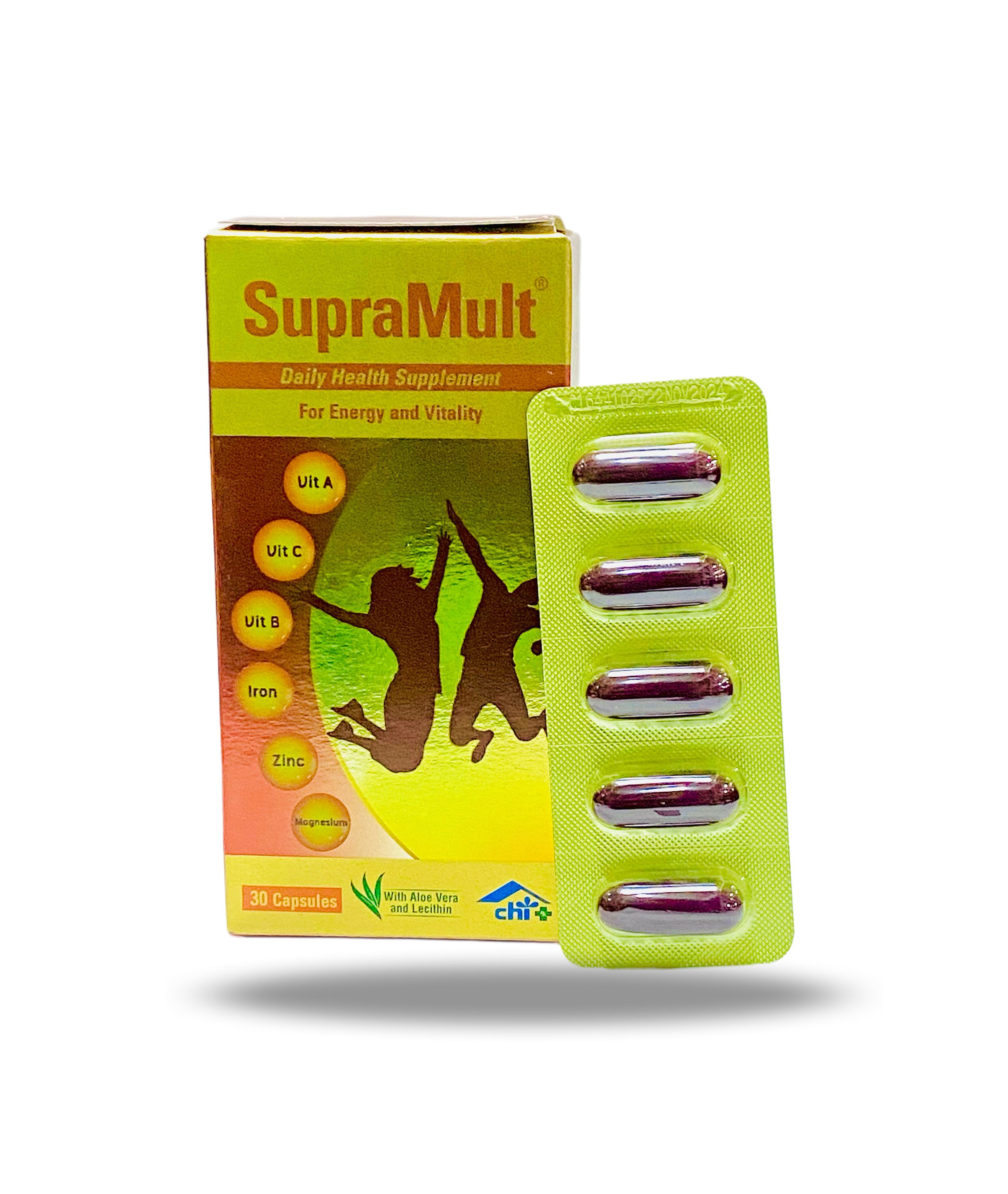
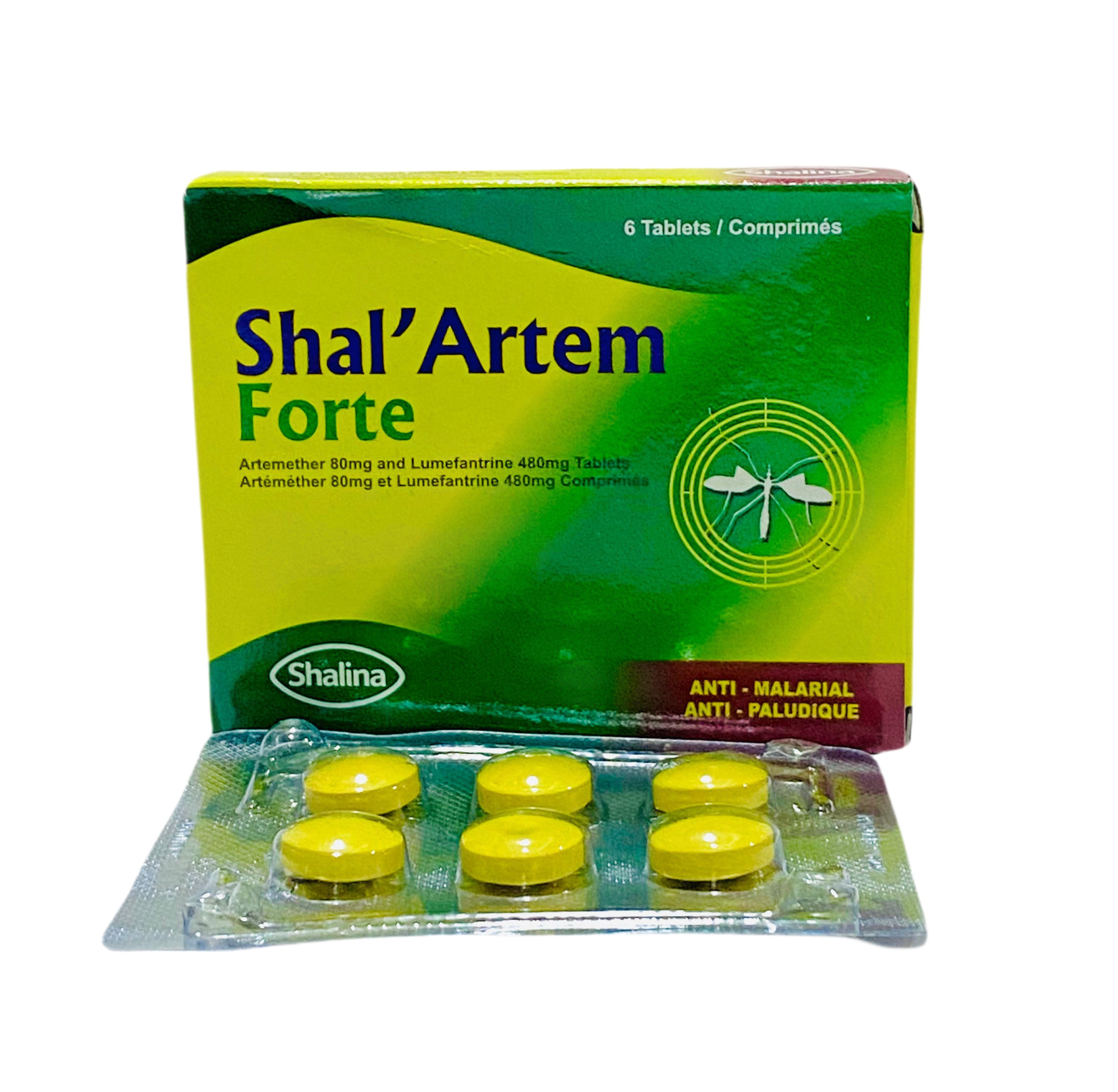
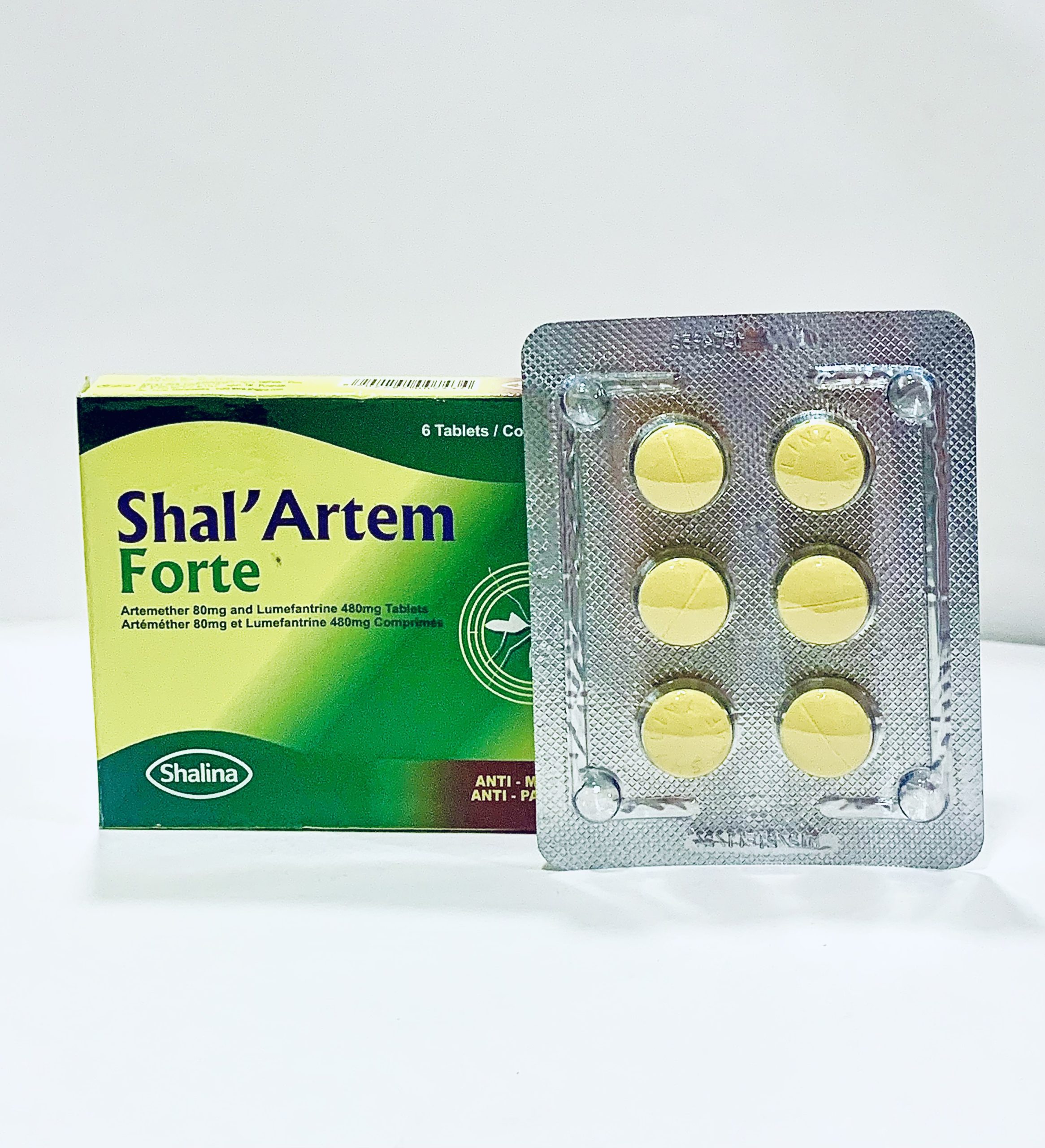
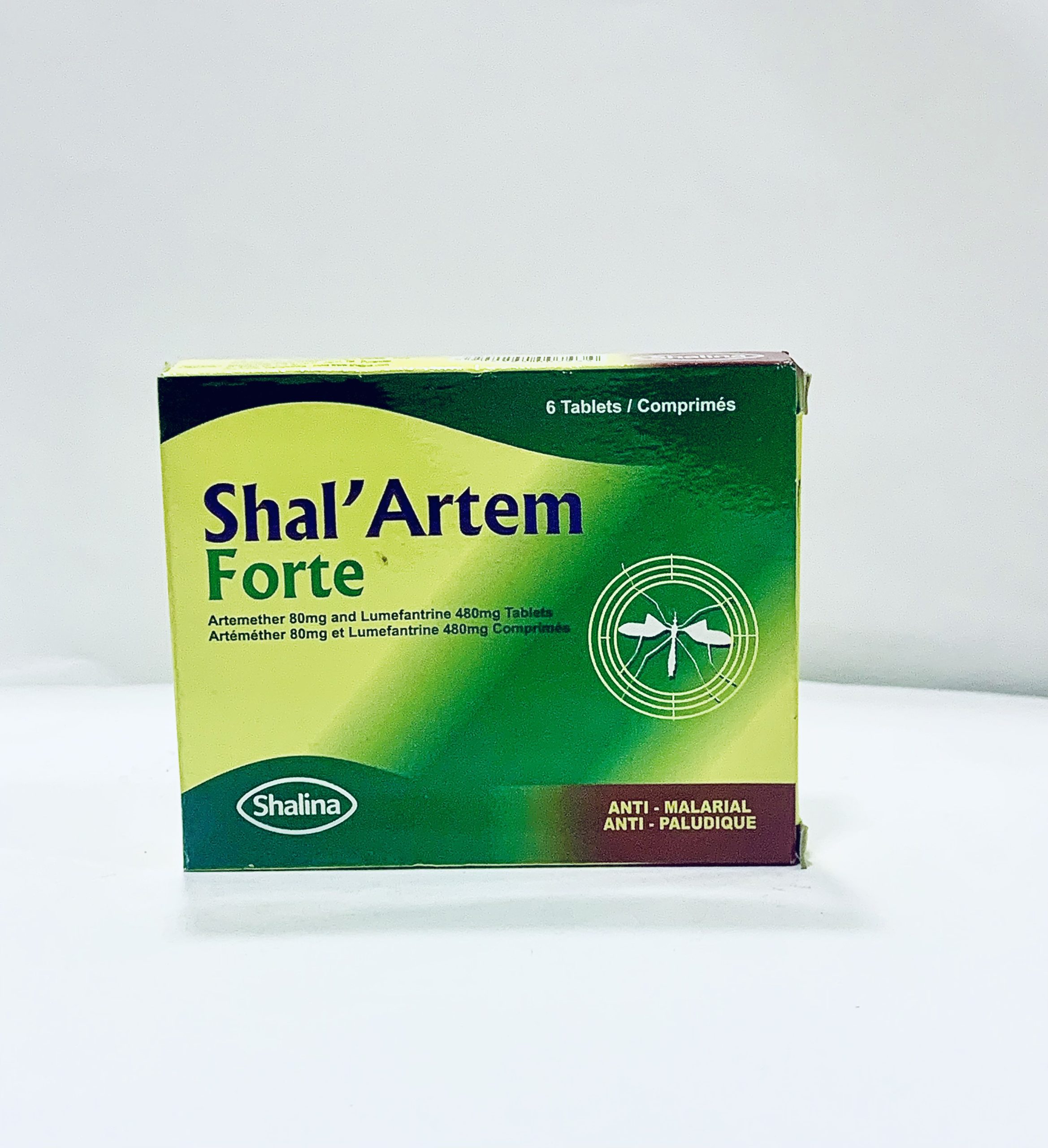
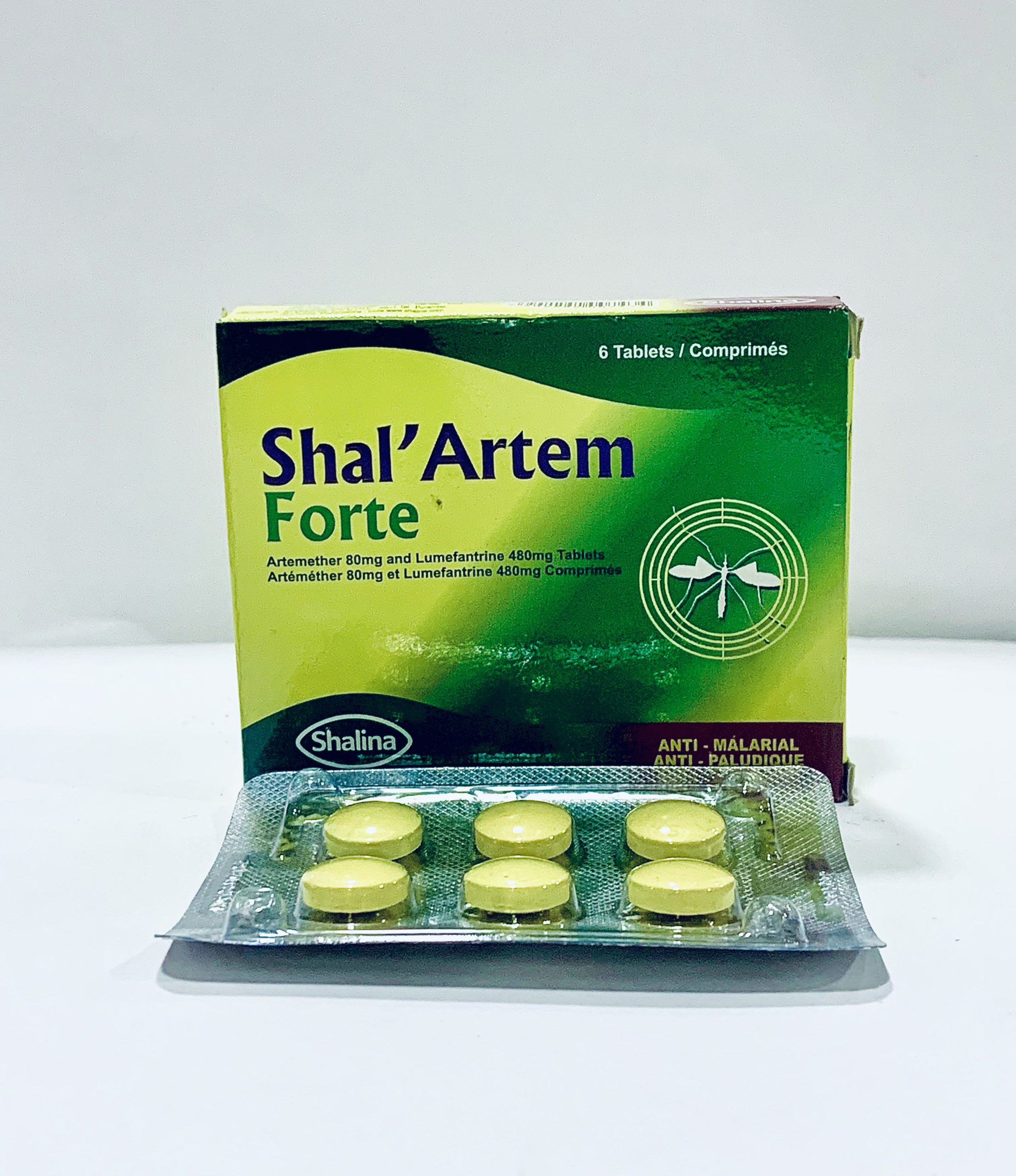
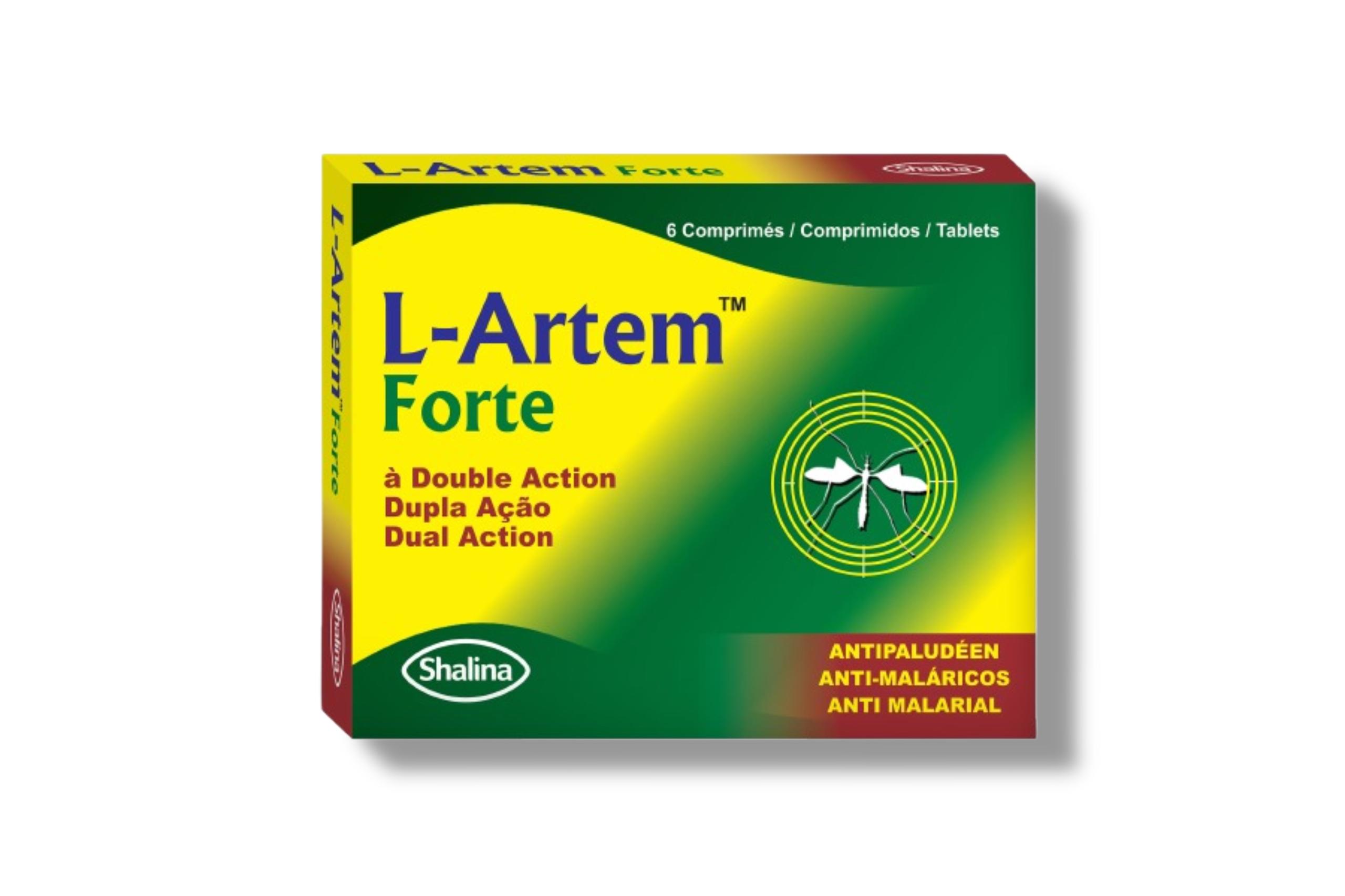




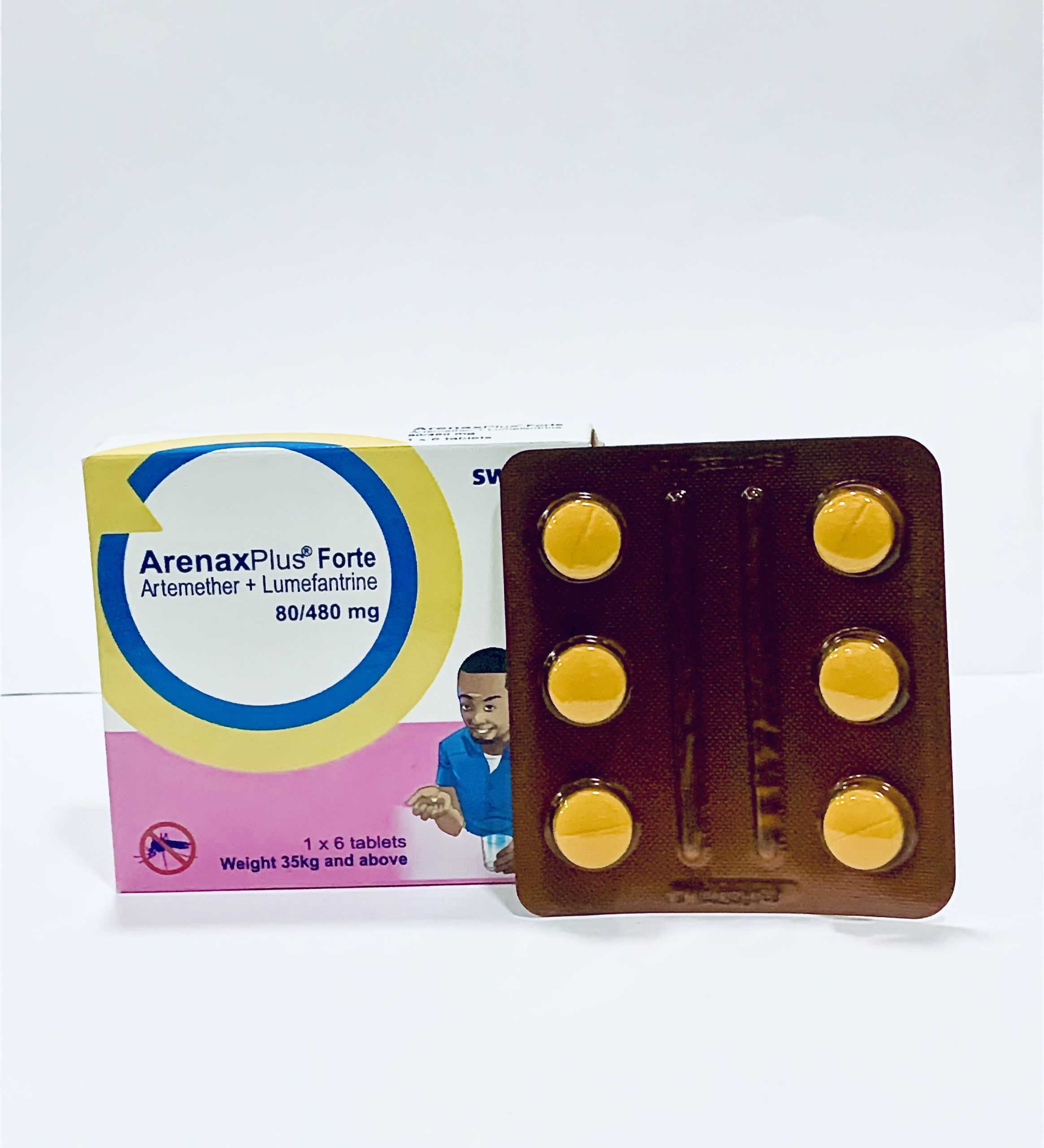
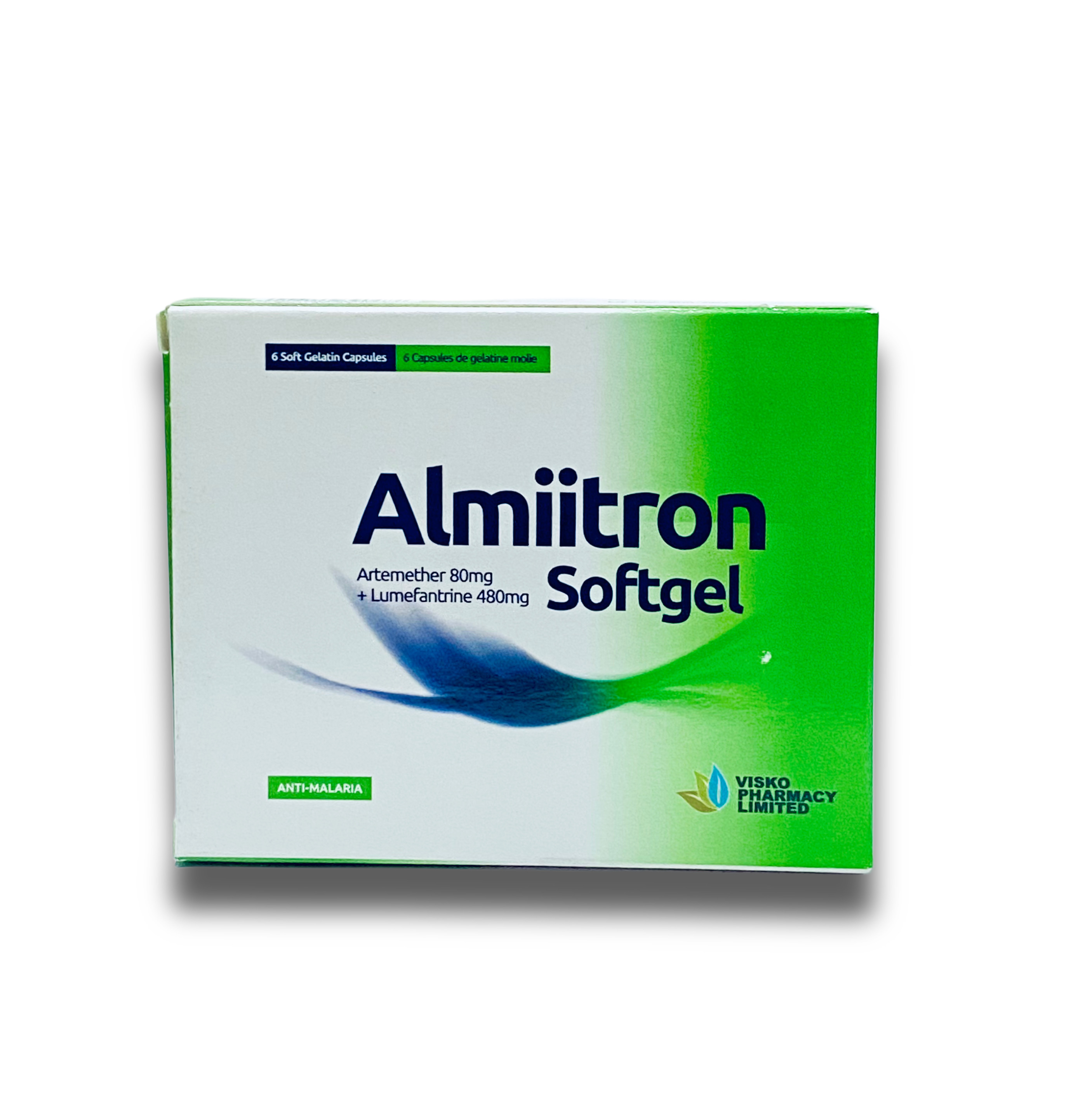
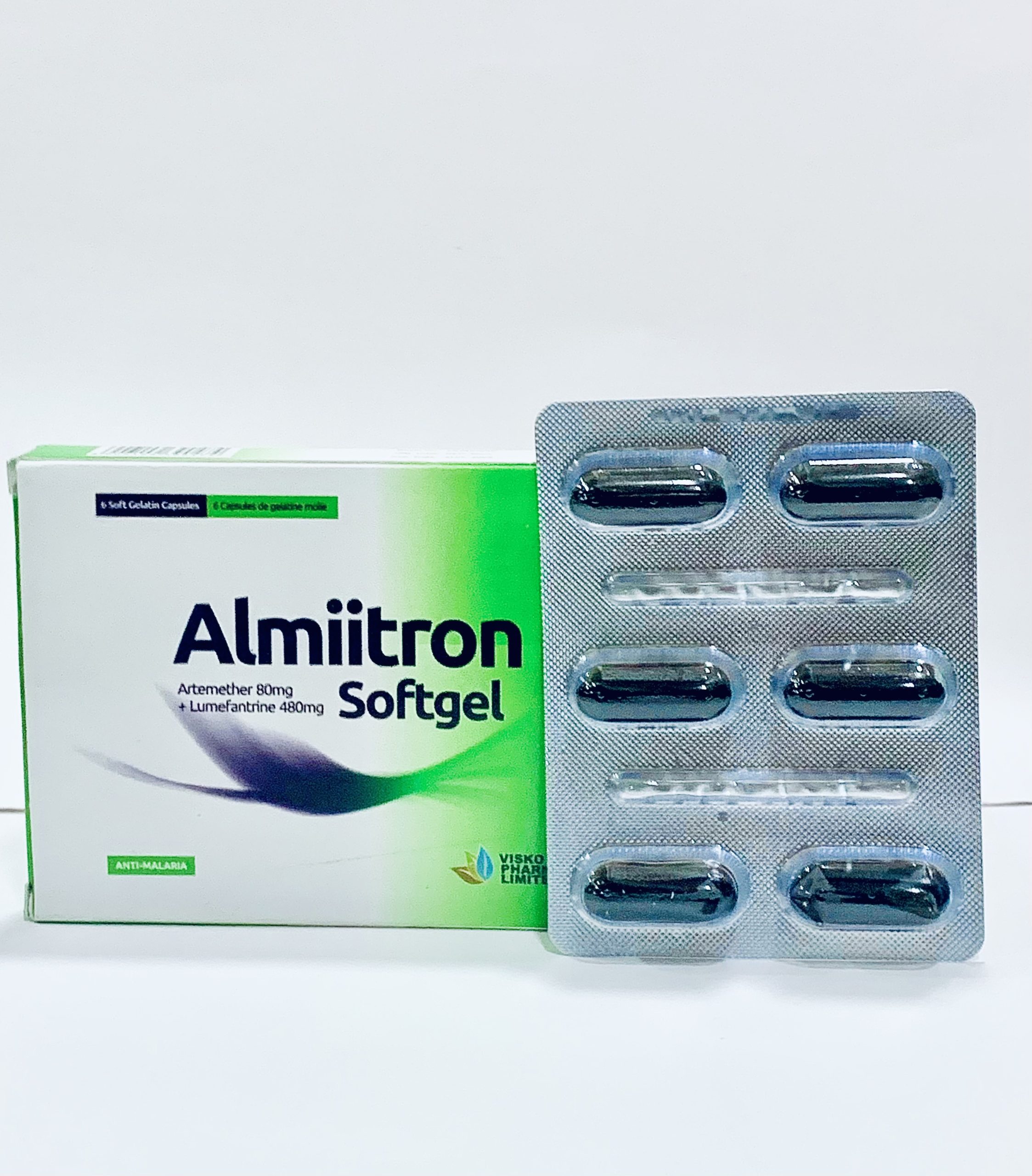
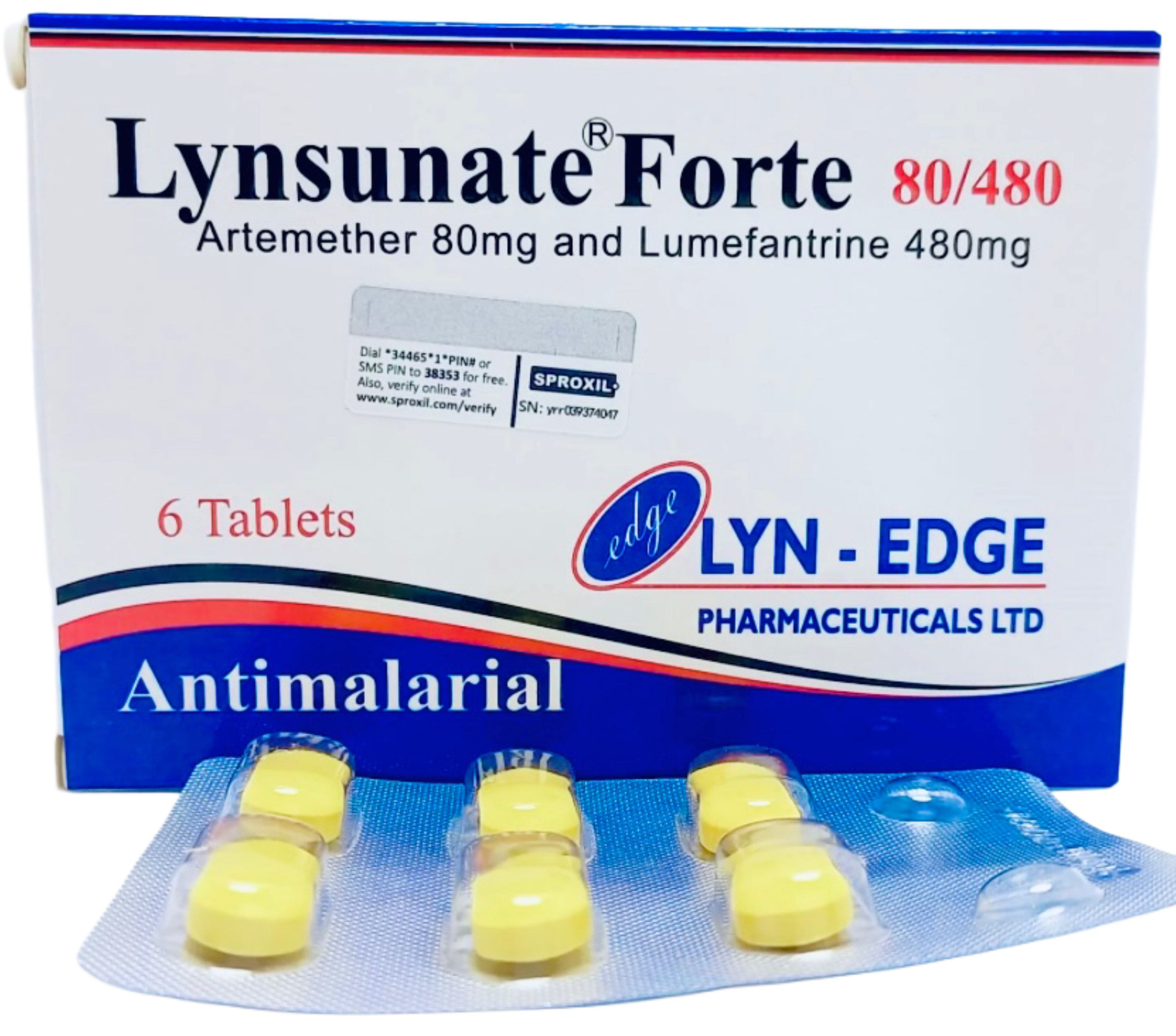
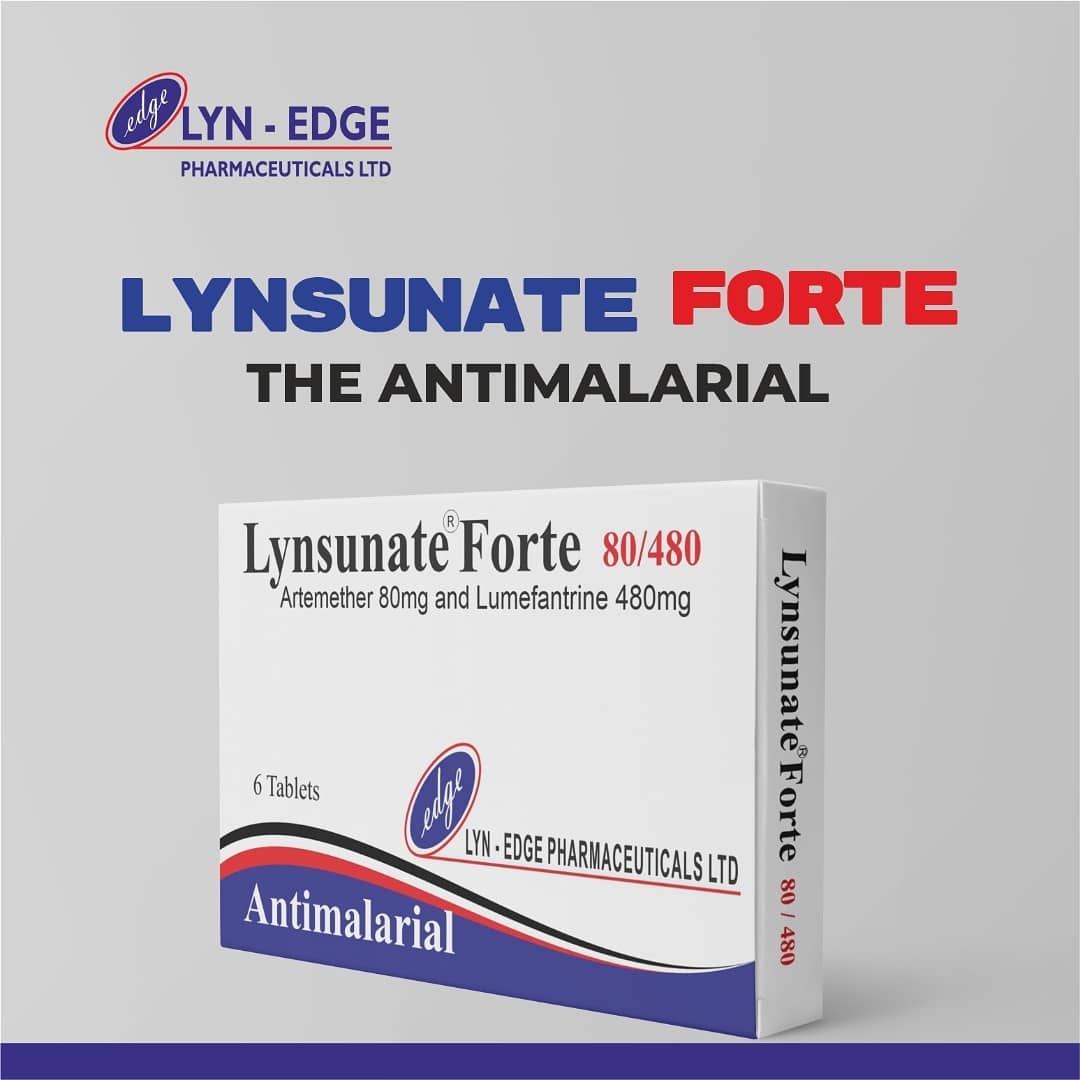
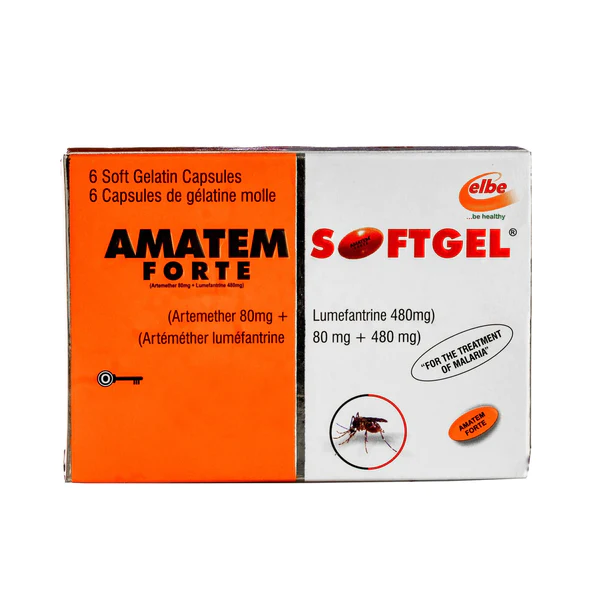
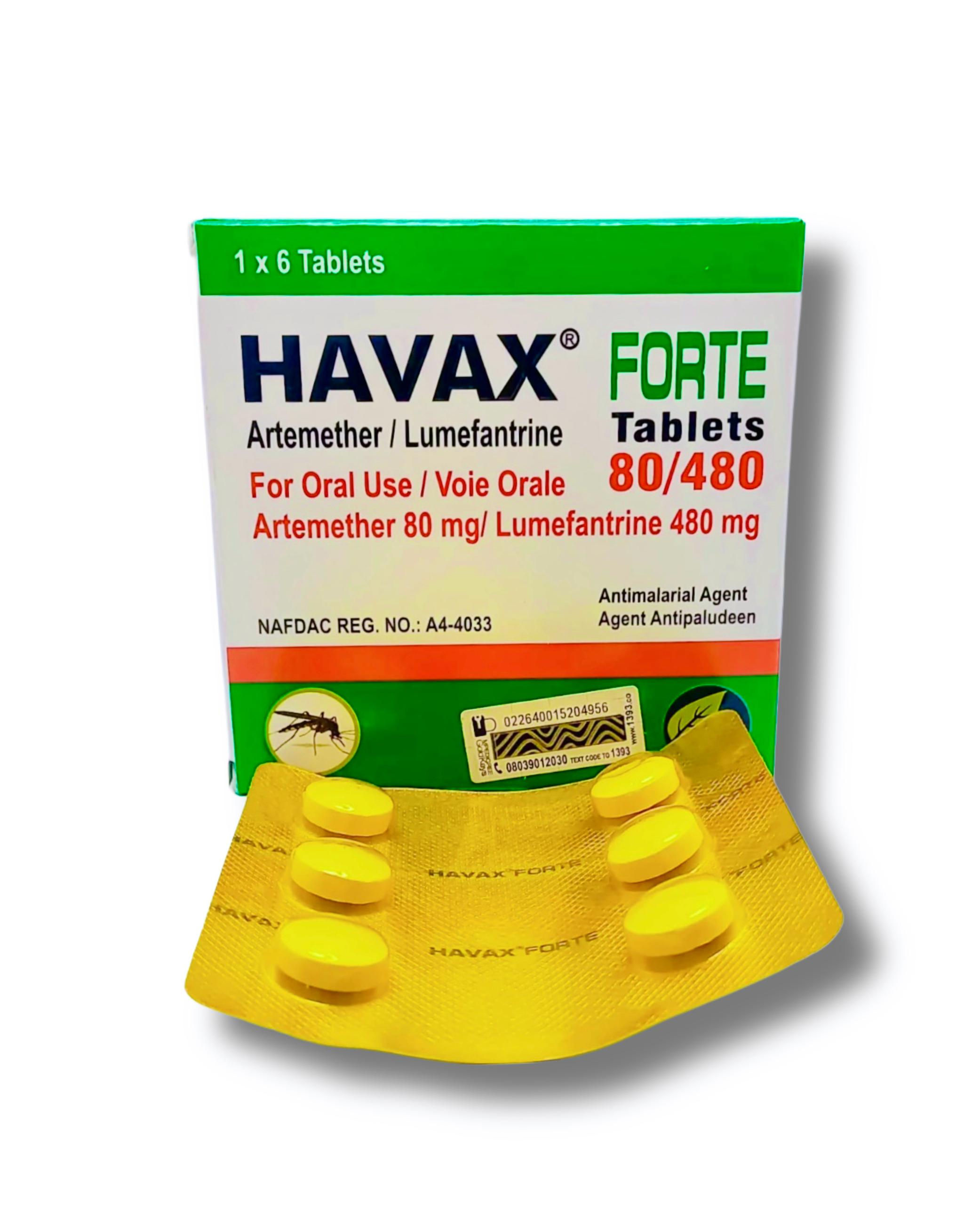
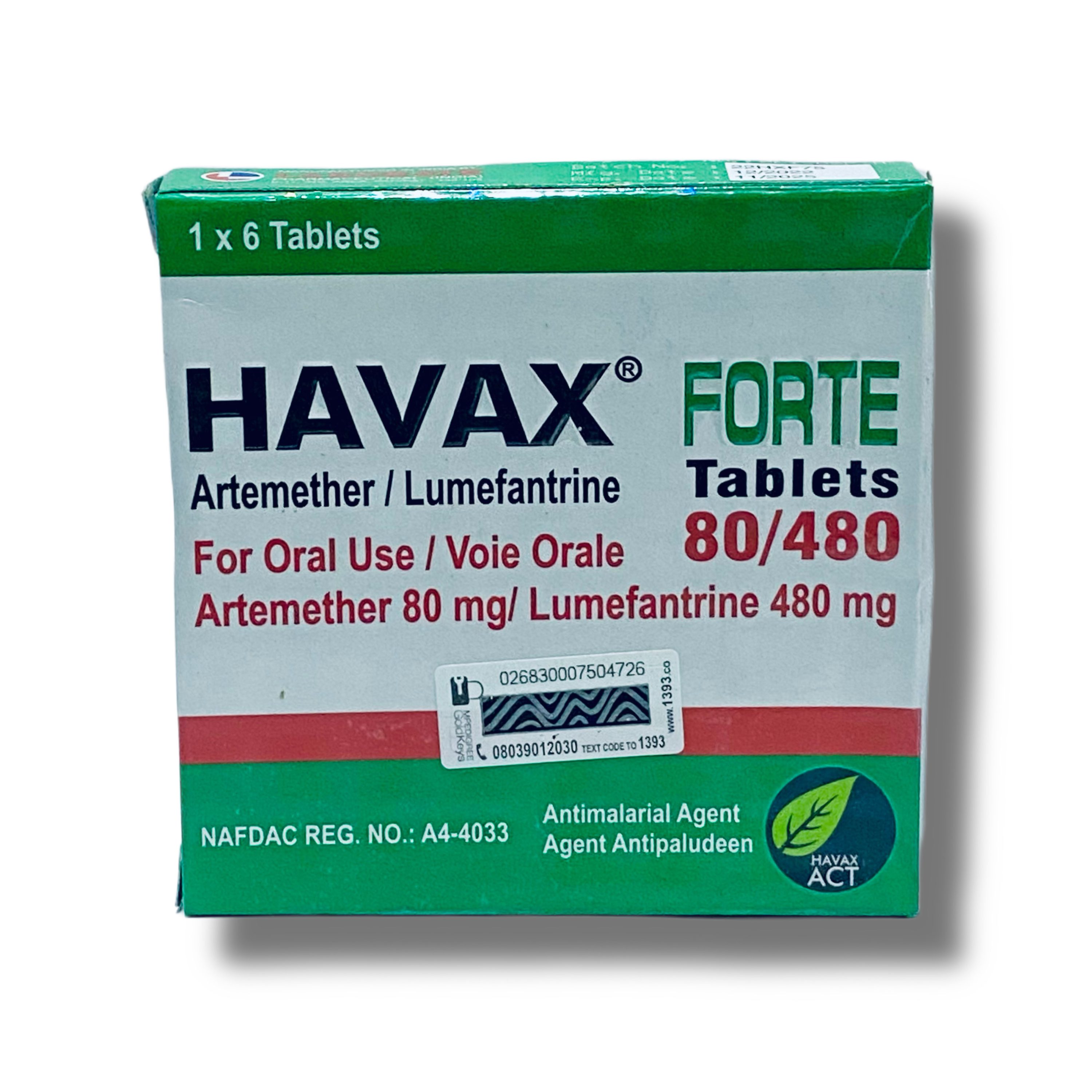
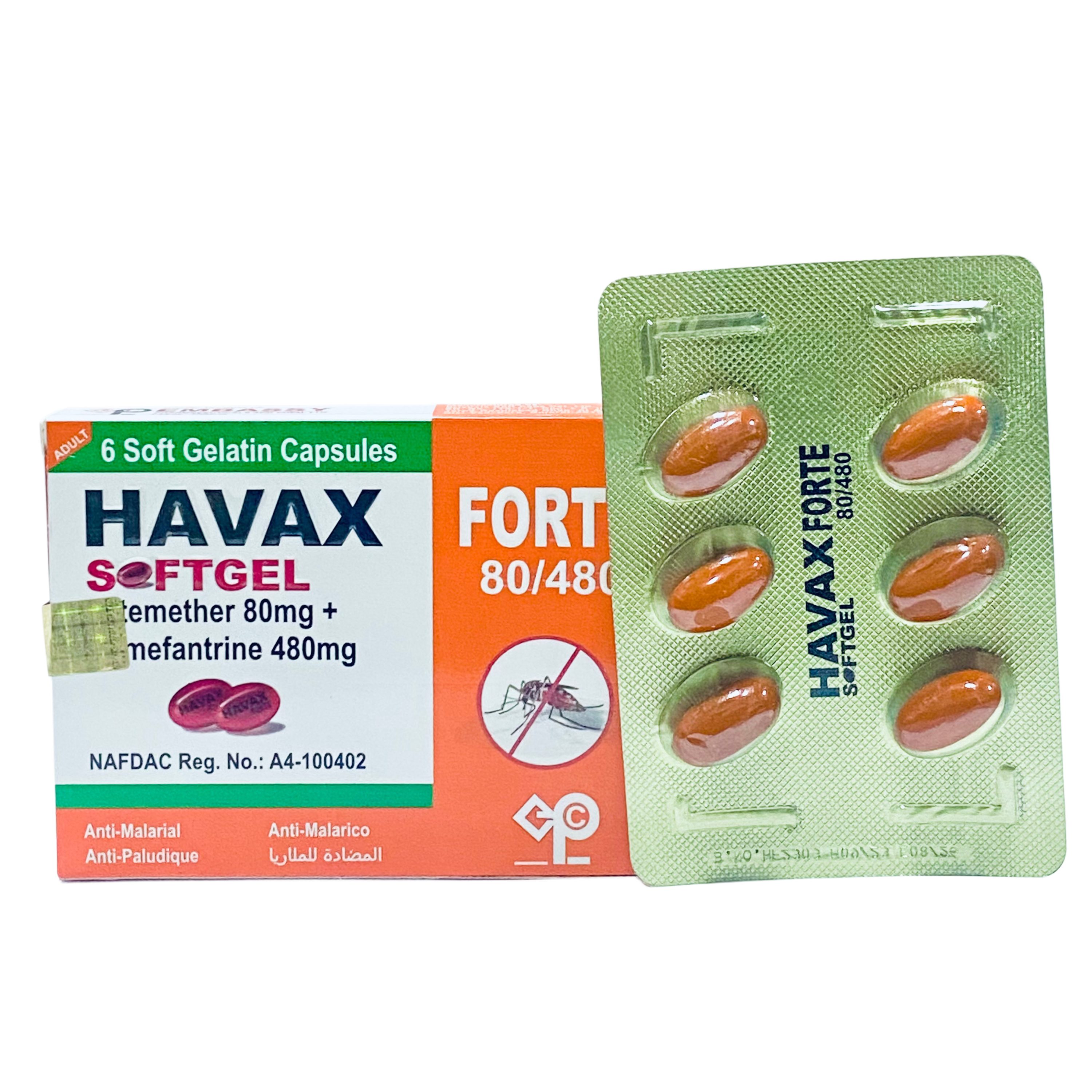
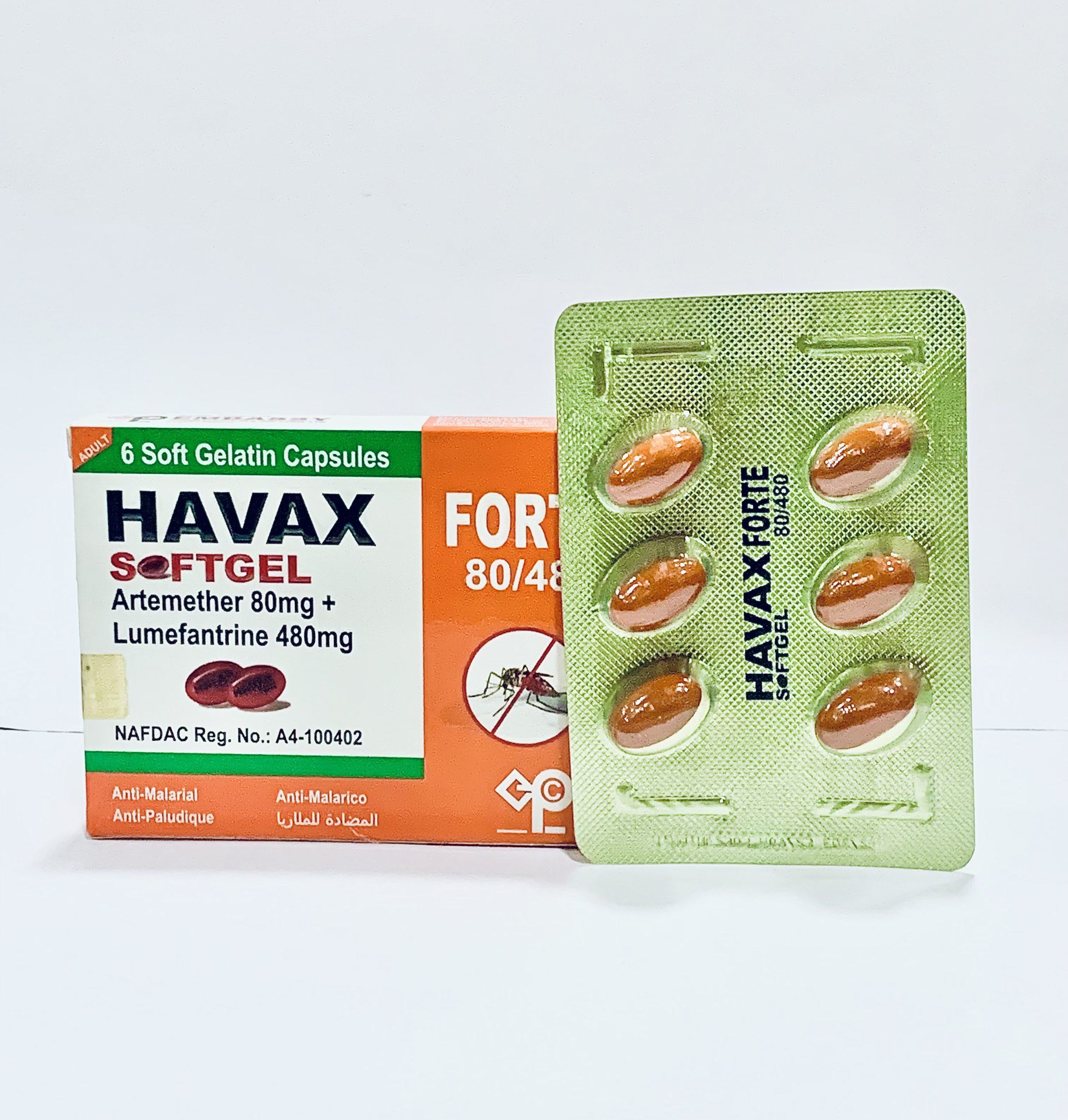


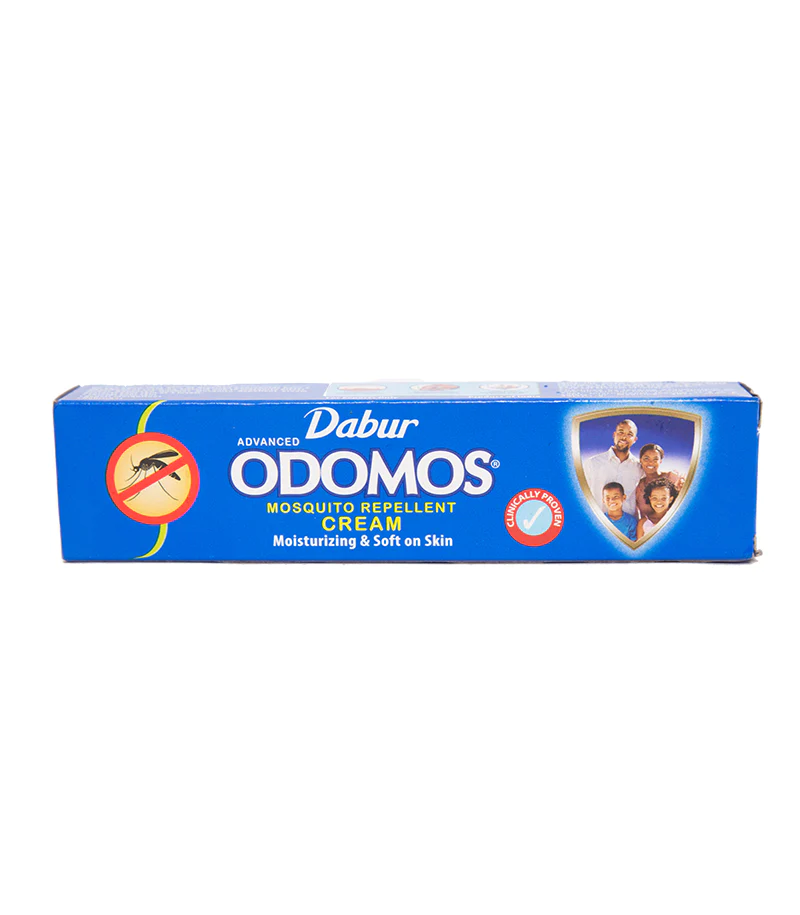
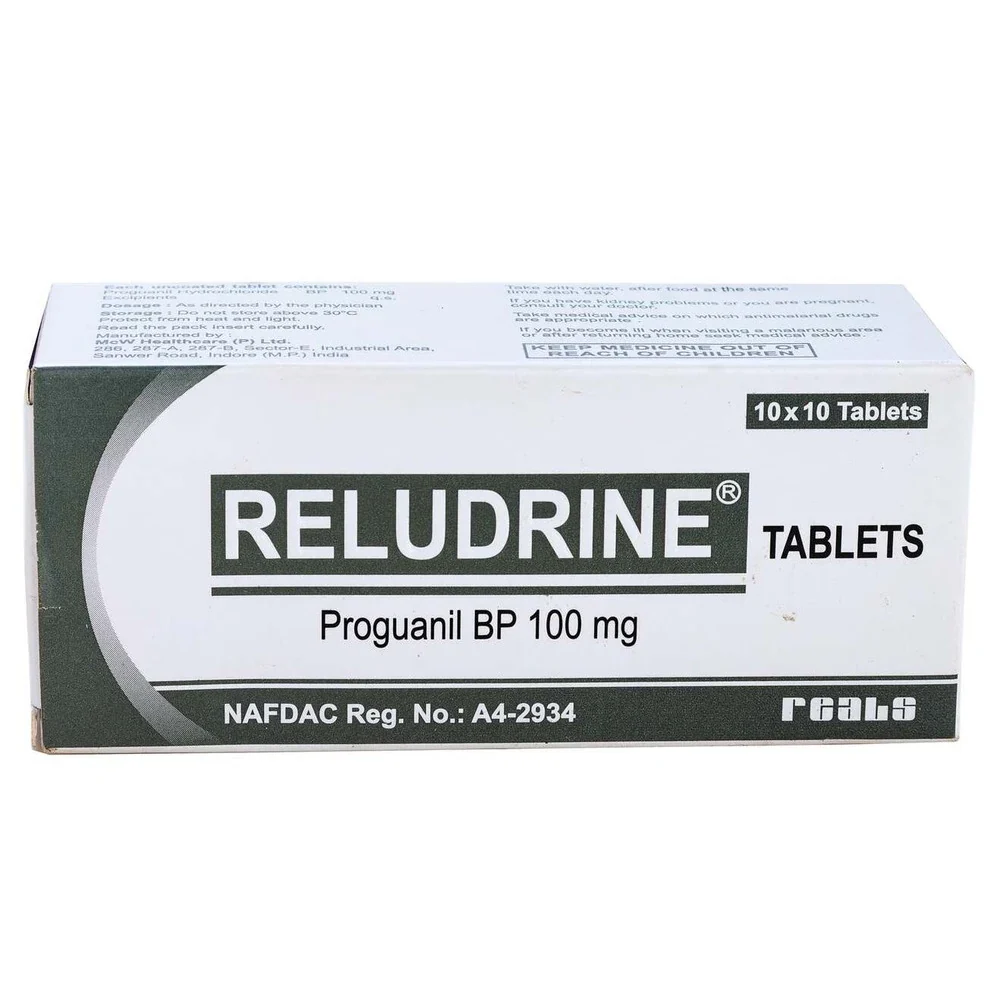
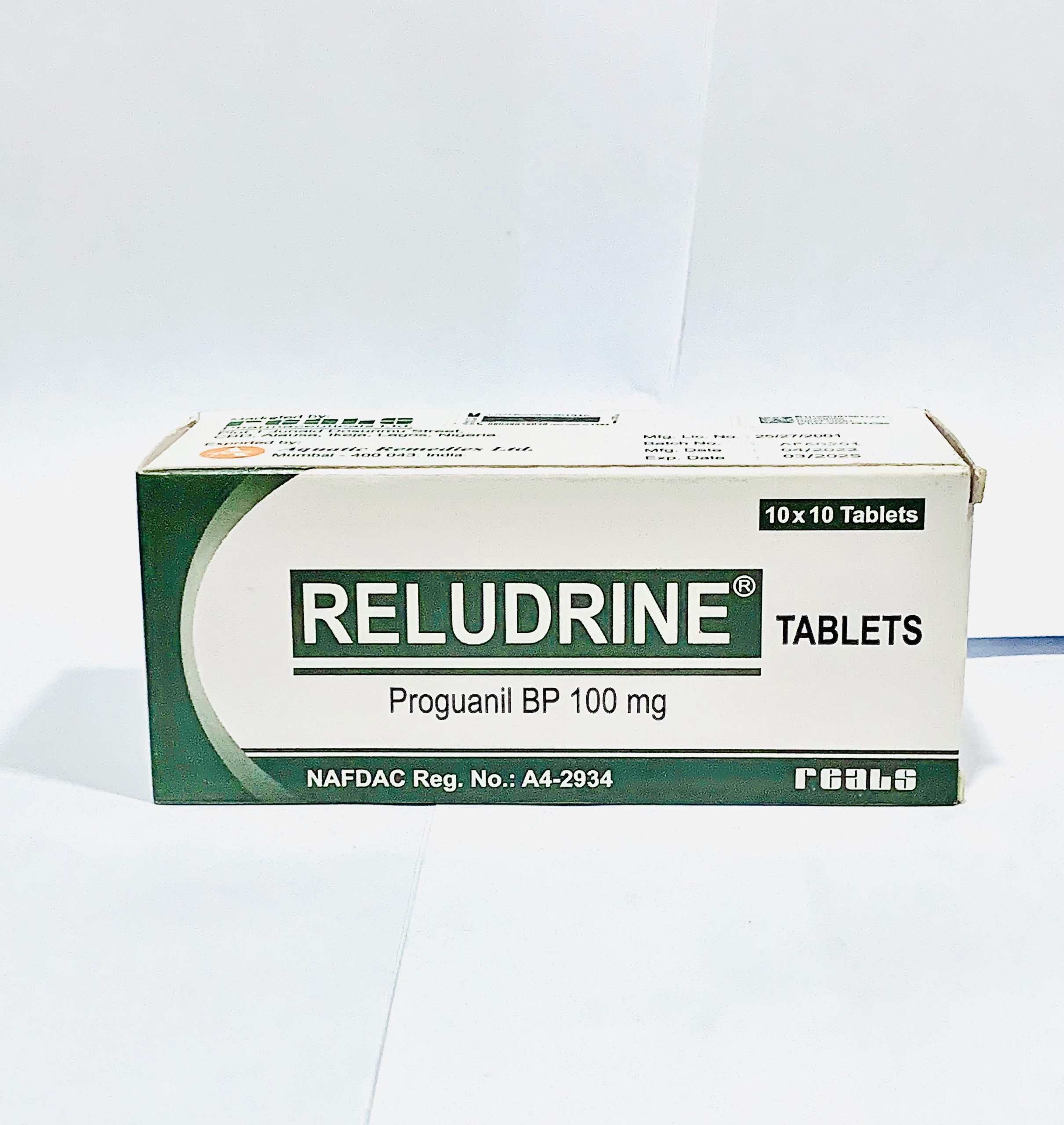
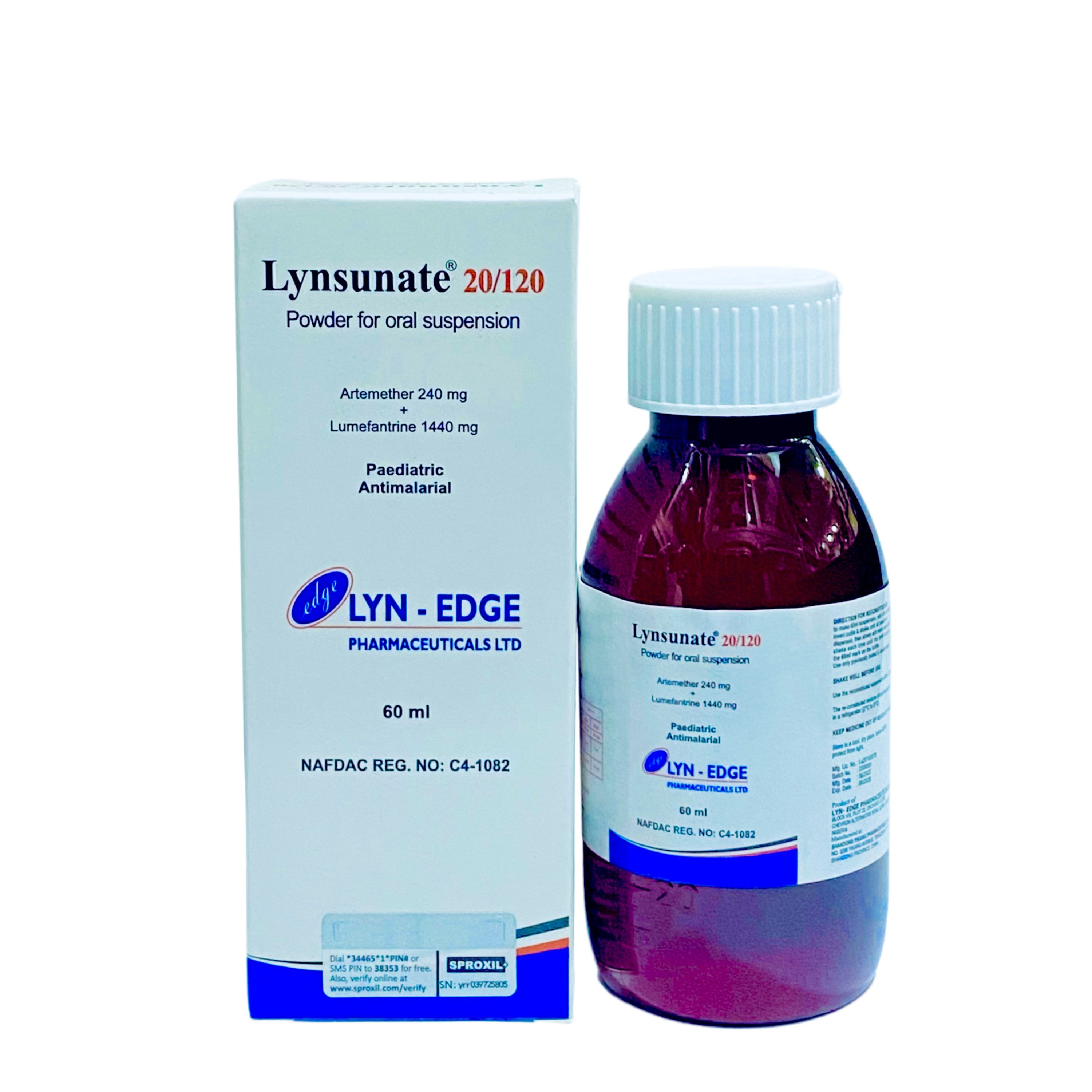
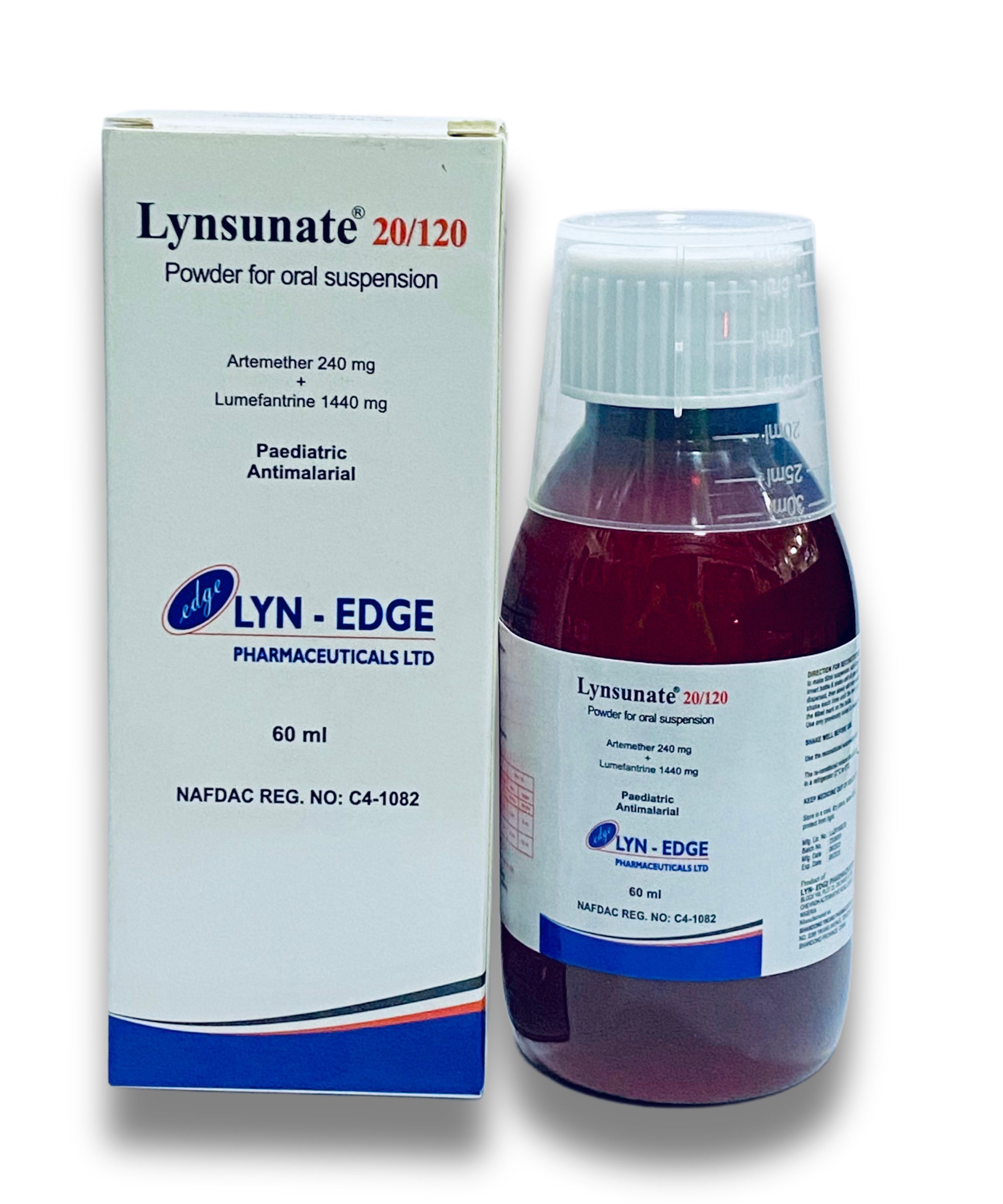
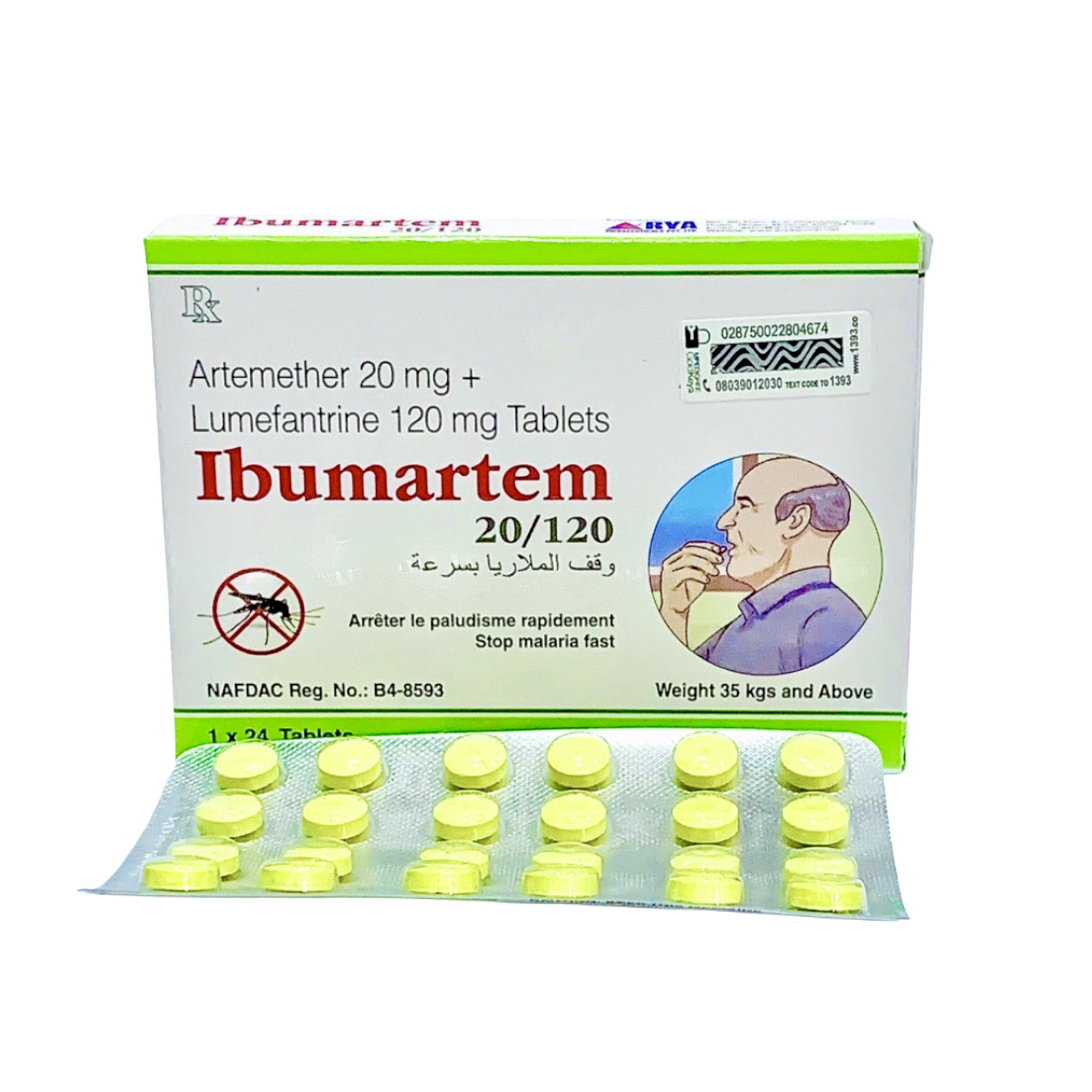
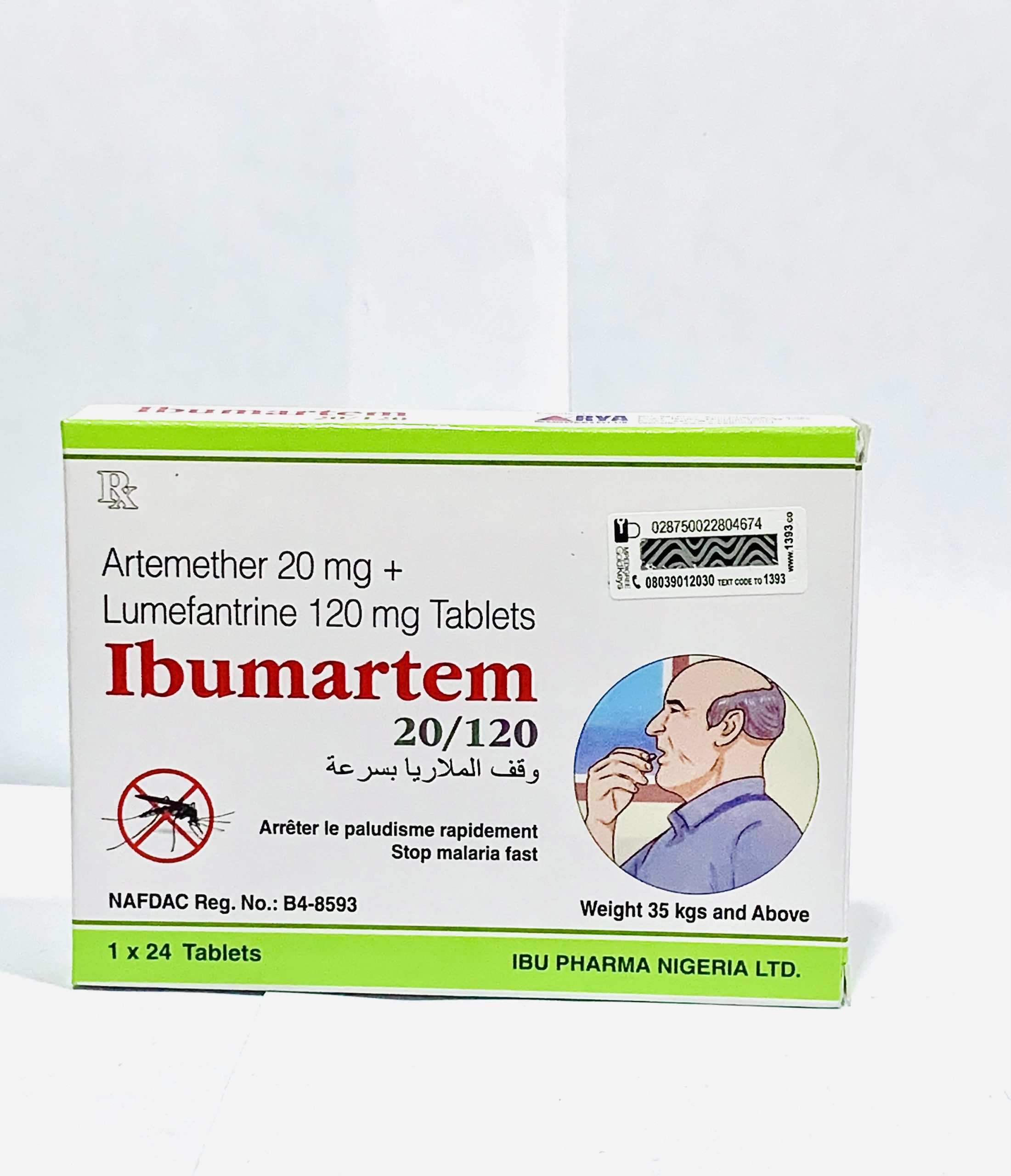
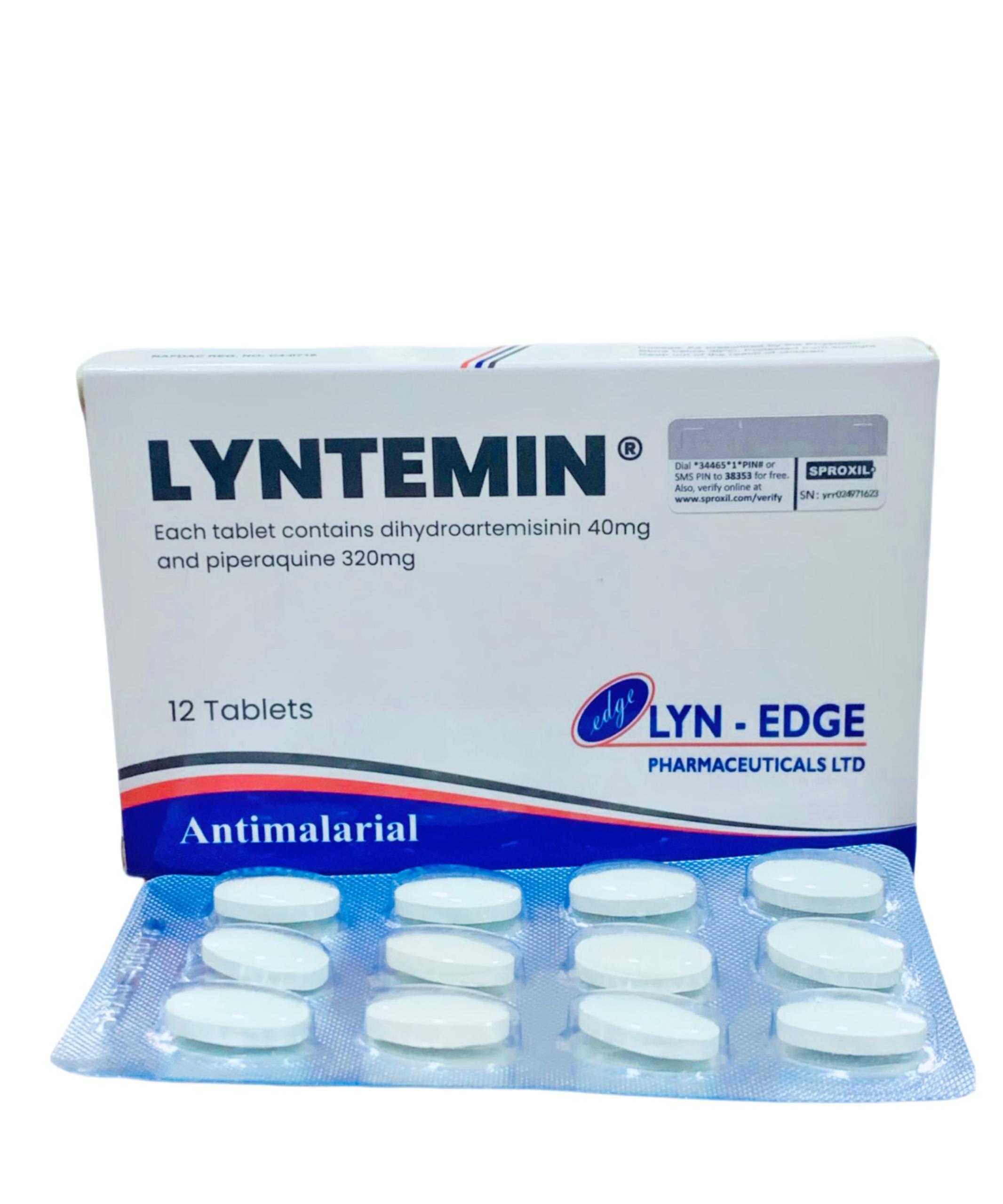
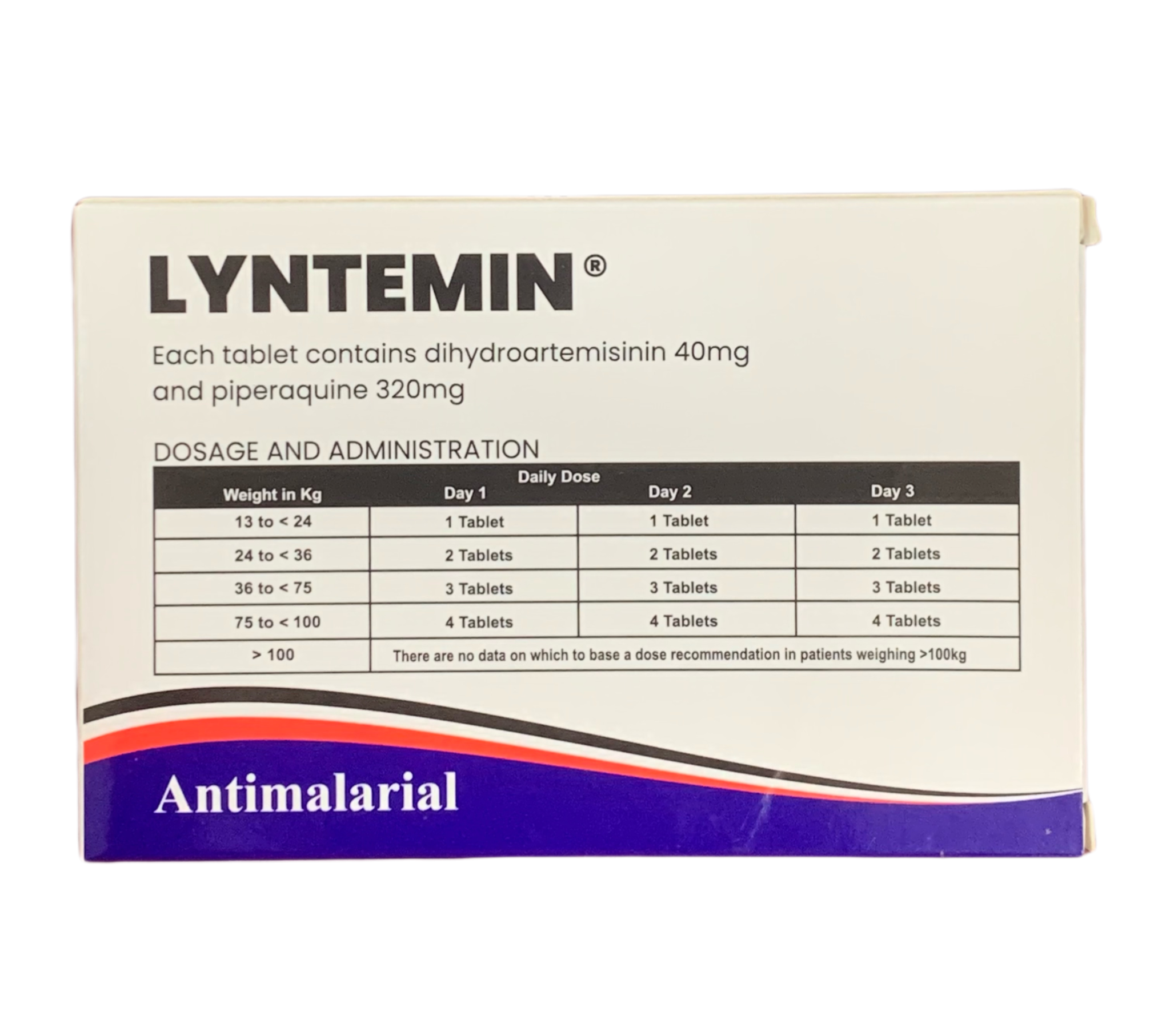
Reviews
There are no reviews yet.